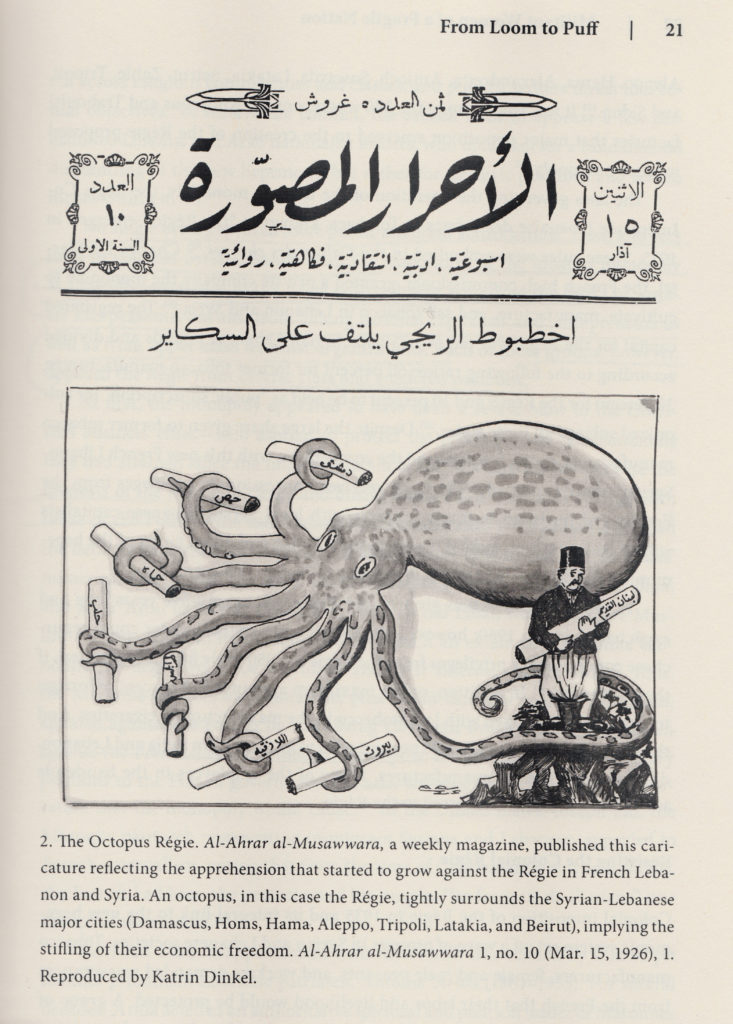Ongoing protests by the Regie working women and men

The Regie Libanaise des Tabacs et Tombacs, commonly known as the Regie continued to be a French tobacco monopoly until 1960 when the management, “privileges, and properties” of the company were “transferred to the Lebanese government.” 1 Its workforce reached over 3,000 workers by 1966, 40% of whom were women, making the Regie a huge economic enterprise in Lebanon, and a source of income to thousands of Lebanese workers and farmers. 2 A scattered number of strikes took place in 1944 and 1945, whereby the women and men working at the Regie demanded wages increases, in addition to full pension for women who left work upon getting married. 3 The government rejected these demands, and strikes were quelled by the police force, resulting in numerous injuries, among whom were women workers Georgette Haddad and Mary Salih. These strikes paved the way for the Regie’s major strike in 1946.
